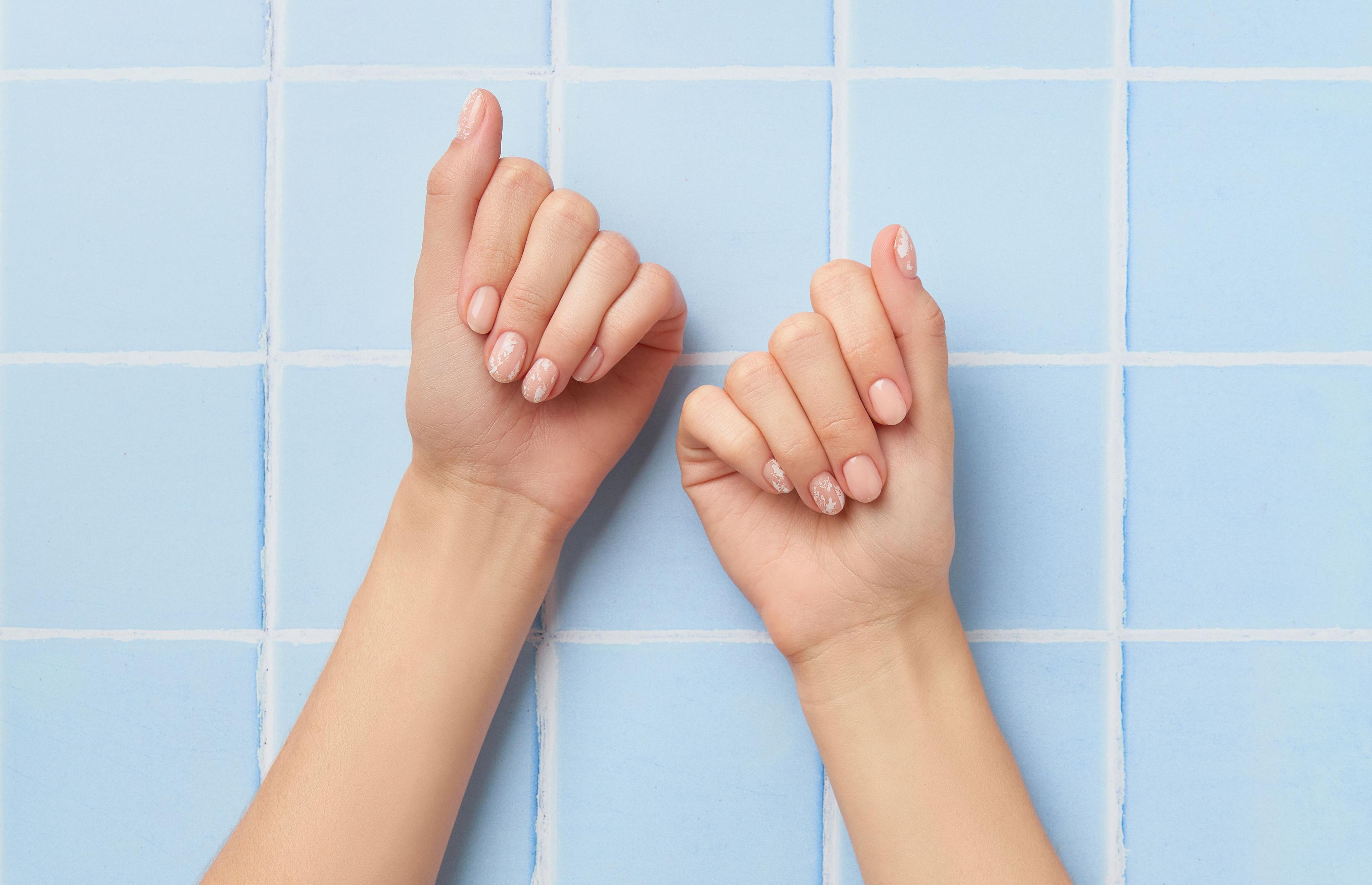Unlocking the Secrets Behind Weak Nails: Nutrient Deficiencies Explained
What do healthy nails look like?
Fingernails, often overlooked but vital indicators of our overall health, can reveal more about our well-being than we might think. Healthy nails are characterised by their smooth texture, free from grooves, ridges, or discolouration. Any deviations from this norm, such as weak or brittle nails, could be subtle signals of underlying health issues, including nutrient deficiencies.
Much like our hair, both fingernails and toenails are primarily composed of layers of keratin and other proteins. To ensure these structures remain robust and resilient, a sufficient supply of essential nutrients is required. Research has consistently demonstrated that various nutritional deficiencies can influence the growth and appearance of our nails, shedding light on the important question: What deficiency causes weak nails?
How does protein affect my nails?
Nails are predominantly made up of keratin, a protein integral to the nail tissue's formation. Ensuring an adequate intake of dietary protein is essential for the production of keratin, a critical factor in maintaining strong and healthy nails. For adults, the Reference Nutrient Intake (RNI) for protein stands at 0.75g per kg of body weight per day, equating to 56g/day for men and 45g/day for women of average body weight.
Great sources of protein include:
- Meat, including beef and lamb
- Poultry
- Fish
- Eggs
- Dairy products
- Nuts
- Seeds
- Legumes
How does Calcium affect my nails?
Calcium, a vital mineral, plays a pivotal role in the structure of nails. Soft or flexible nails, a condition known as Hapalonychia, have been linked to various nutritional deficiencies, including insufficient calcium intake.
If you’re looking to get more calcium in your diet, great food sources of calcium include:
- Yogurt
- Milk
- Cheese
- Sardines (with bones)
- Tofu
Moreover, the body's absorption of calcium from food is facilitated by sufficient levels of vitamin D, so ensure you’re following safe sun practices or supplementing your diet effectively to ensure optimum Vitamin D levels.
How does iron affect my nails?
Iron is indispensable in the transportation of oxygen to every cell in the body, including the nails. A pale appearance of the nails (pallor) may indicate low iron levels, while iron deficiency can also lead to ridges or changes in nail shape, such as becoming concave or spoon-shaped.
Food sources of iron include:
- Beef
- Pork
- Poultry
- Liver
- Seafood and fish
For those opting for a plant-based diet, non-dairy sources of iorn include
- White beans
- Lentils
- Chickpeas
- Tofu
Enhancing the absorption of non-dairy iron can be achieved by consuming foods rich in vitamin C alongside these sources.
How does Vitamin B12 affect my nails?
Vitamin B12 is indispensable for red blood cell development and assists in iron absorption, ensuring essential nutrients reach the nails. Inadequate B12 levels may contribute to discoloured, weak, and brittle nails.
Eating more of these foods which are rich in Vitamin B12 can help:
- Beef liver
- Salmon
- Nutritional yeast
- Dairy products, including cheese and milk
How does Magnesium affect my nails?
This lesser-known mineral plays a crucial role in multiple bodily processes, including protein synthesis, which is essential for healthy nails. A magnesium deficiency can result in weak, flaky nails that are prone to breakage.
Food sources of magnesium include:
- Pumpkin seeds
- Chia seeds
- Almonds
- Spinach
Weak nails can serve as a potential red flag for nutrient deficiencies. When the body faces a shortage of essential nutrients, it prioritises the proper functioning of vital organs at the expense of less critical tissues, including hair, skin, and nails, often resulting in brittle nails that break easily.
How can I know if I’m getting enough Vitamins and Minerals?
At My Health Checked, we offer a comprehensive Vitamins & Minerals DNA Test designed to identify your increased risk of certain nutrient deficiencies, such as calcium, iron, and B12, which have a demonstrated impact on nail health. This valuable insight allows you to make informed dietary adjustments and address any nutrient deficiencies, ultimately strengthening your nails and improving your overall well-being. Our detailed report will also provide guidance on introducing or eliminating specific foods from your diet to mitigate identified risks effectively.
Alternatively, our Vitamins & Minerals Blood Test gives you a reading of your vitamin and mineral levels based on analysing a blood sample you collect at home, further aiding your knowledge of what’s going on inside your body.
In summary, your nails can be powerful indicators of your overall health, reflecting the state of your nutritional well-being. By addressing potential nutrient deficiencies, you not only enhance your nail health but also promote a healthier you. Discover the secrets hidden in your DNA and embark on a journey towards stronger, more resilient nails and better overall health with MyHealthChecked.
